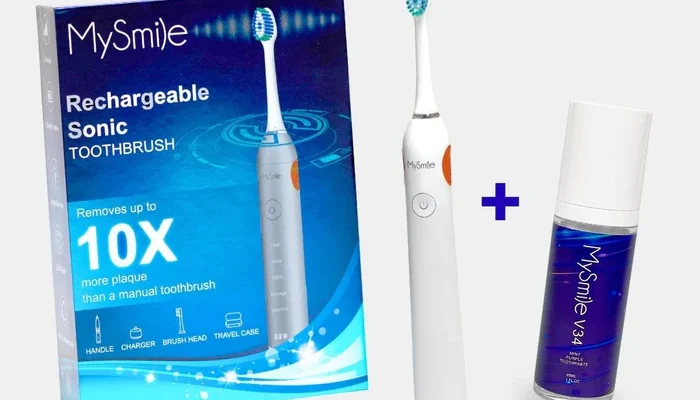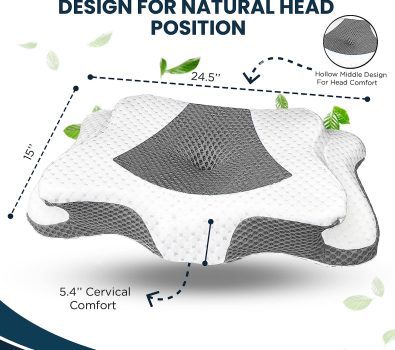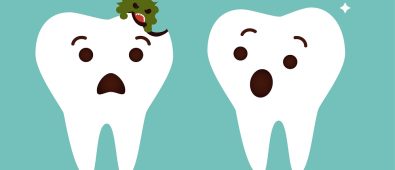In an age where our oral hygiene is as important as ever, the debate about electric toothbrushes’ impact on cavities has become more intense. Proponents of the manual toothbrush argue that old is gold, while the electric brigade touts the wonders of power cleaning. This blog post aims to address this topic without bias, examining the scientific evidence to provide clarity on whether electric toothbrushes cause cavities or make them worse.
Understanding the Arguments: Electric vs. Manual
At the heart of the electric toothbrush debate lies the question of effectiveness. Studies have shown that electric toothbrushes can remove more plaque, potentially leading to better overall oral health. The reason behind this efficacy is the bristle movement. Electric toothbrushes can mimic professional cleaning techniques, such as oscillation, rotation, or sonic vibrations, which can be more thorough than manual brushing for some individuals.
Conversely, manual toothbrush devotees argue that electric tools, if not used correctly, can lead to excessive force on the teeth and gums, causing damage that may pave the way for cavities. There is some truth to this concern—technique is paramount when it comes to using an electric toothbrush effectively.
The Science: Can Electric Toothbrushes Worsen Cavities?
One study published in the Journal of Clinical Periodontology concluded that users of electric toothbrushes showed a significant reduction in plaque and gingivitis compared to those using a manual toothbrush. The reduced plaque presence is a primary factor in the development of cavities, suggesting an electric toothbrush’s potential to improve, not worsen, dental health—if used with the correct technique.
Another concern is the type of electric toothbrush. Traditional electric toothbrushes with a rotating-oscillating head have been extensively researched and proven effective. However, newer models featuring excessive movements like so-called ‘AI-powered brushing’ are less tested and may carry a higher risk if used inappropriately.
The Verdict: It’s Not the Toothbrush, It’s How You Use It
Ultimately, it’s not the type of toothbrush that causes cavities but the technique and dedication of the user. Whether electric or manual, the tool is only as good as the person using it. A gentle touch, consistent use, and proper brushing habits are what truly matter in preventing cavities.
While electric toothbrushes provide benefits like built-in timers and pressure sensors, they are not a panacea. The best advice is to choose the brush that encourages you to maintain a consistent and thorough oral care routine. Remember to brush for two minutes, twice a day, and visit your dentist regularly for check-ups, regardless of your toothbrush preference.
In conclusion, the electric toothbrush is not the enemy in the fight against cavities. With the right technique and care, an electric toothbrush can enhance your oral hygiene regimen, potentially reducing the risk of developing cavities. However, it is essential to use any dental tool wisely and with caution, paying attention to the manufacturer’s instructions and professional advice for optimal dental health.



